UAE President Engages France, Italy Leaders Over Escalating Middle East Tensions
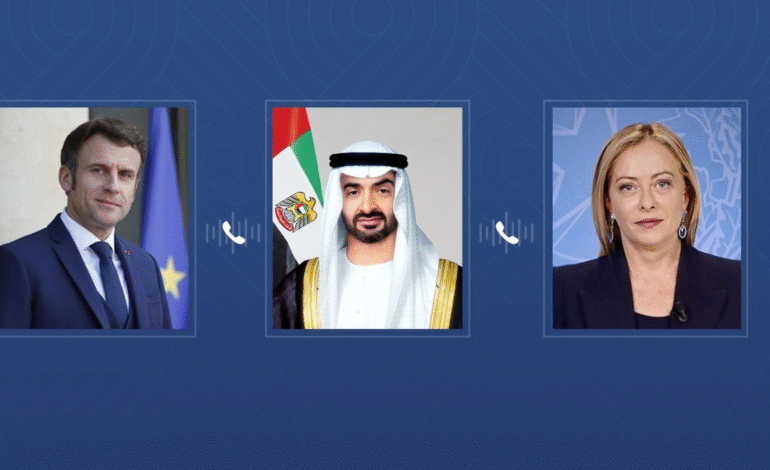
As the Middle East experiences heightened tensions due to recent military developments, the United Arab Emirates has reaffirmed its role as a global diplomatic leader. UAE President His Highness Sheikh Mohamed Bin Zayed Al Nahyan engaged in key discussions with European leaders to address the unfolding situation, focusing on the need for restraint and peaceful resolutions. His conversations with French President Emmanuel Macron and Italian Prime Minister Giorgia Meloni emphasized strengthening bilateral ties while exploring solutions to ease regional instability.
Sheikh Mohamed’s Diplomatic Discussions With Macron And Meloni
In response to the escalating situation following Israeli military operations targeting the Islamic Republic of Iran, Sheikh Mohamed Bin Zayed held separate telephone calls with Emmanuel Macron and Giorgia Meloni. These discussions reflect the UAE’s commitment to proactive diplomacy, ensuring that dialogue remains central to addressing critical regional security challenges. The talks underscored the necessity of collaborative international efforts to prevent further escalation.
UAE-France Relations: Advancing Longstanding Strategic Cooperation
During his conversation with French President Emmanuel Macron, Sheikh Mohamed highlighted the strong and enduring partnership between the UAE and France. The two leaders discussed expanding cooperation across multiple sectors, including trade, defense, renewable energy, space exploration, cultural exchange, and technological innovation. France and the UAE have consistently fostered a robust alliance based on shared goals and mutual interests, which continues to evolve in response to global challenges and opportunities.
UAE-Italy Bilateral Ties: Strengthening Cooperation Across Key Sectors
In parallel, Sheikh Mohamed’s discussion with Italian Prime Minister Giorgia Meloni emphasized the UAE’s growing partnership with Italy. Both leaders explored avenues to deepen collaboration in critical sectors such as energy, defense, economic development, healthcare, education, and sustainable technologies. Italy remains an important European partner for the UAE, with both countries benefiting from expanding trade volumes and joint ventures across various industries.
Escalating Middle East Conflict At The Center Of Talks
Central to both conversations was the rapidly evolving security crisis in the Middle East. The latest Israeli military strikes against Iran’s military and nuclear infrastructure have led to heightened tensions throughout the region. Sheikh Mohamed, along with President Macron and Prime Minister Meloni, exchanged perspectives on the far-reaching consequences of the conflict. They agreed that continued hostilities risk destabilizing not only the Middle East but the wider international community as well.
The leaders expressed serious concern that unchecked escalation could disrupt global economic stability, impact energy supplies, and intensify regional humanitarian crises. Their joint focus was to identify measures that would halt further violence and pave the way for renewed diplomatic engagement.
Unified Call For Restraint And Diplomatic Solutions
Throughout the discussions, the leaders shared a united stance on the importance of restraint. They emphasized that all parties involved in the conflict must prioritize diplomacy over military confrontation. Sheikh Mohamed reiterated the UAE’s longstanding belief in conflict resolution through dialogue, negotiation, and mutual respect. The consensus among the UAE, France, and Italy remains that peaceful diplomatic channels offer the most sustainable path toward stability and lasting security.
UAE’s Expanding Global Diplomatic Influence
The discussions further illustrate the UAE’s increasing global influence as a reliable diplomatic partner and mediator. In recent years, the UAE has strengthened its role in promoting peace and security through active engagement with world powers and regional stakeholders. By fostering direct communication with leaders like Macron and Meloni, Sheikh Mohamed is reinforcing the UAE’s leadership in addressing global crises while contributing to a stable international order.
The UAE’s balanced approach allows it to maintain strong partnerships across geopolitical divides, making it a key player in de-escalating conflicts and promoting cooperation on the global stage.
European Interests In Middle East Stability
For both France and Italy, stability in the Middle East remains crucial. European countries depend heavily on energy imports, trade routes, and strategic partnerships with Middle Eastern nations. Any further conflict escalation could jeopardize vital oil and gas supplies, increase refugee flows, and disrupt global markets. The security of the Middle East directly influences European economies and their long-term geopolitical stability.
This shared interest aligns closely with the UAE’s objective of fostering regional stability through collaborative diplomatic efforts. The conversations between Sheikh Mohamed, Macron, and Meloni demonstrate the importance of multilateral engagement in preventing the region from descending into deeper conflict.
Energy Security And Its Impact On Global Stability
Energy security was a key topic in the UAE’s talks with France and Italy. As a major global energy supplier, the UAE plays an essential role in maintaining stable energy flows to European and global markets. The recent military escalations threaten critical shipping lanes and energy infrastructure, heightening concerns over energy price volatility and supply chain disruptions.
In addition to ensuring uninterrupted oil and gas supplies, Sheikh Mohamed and his European counterparts discussed opportunities for future cooperation in renewable energy development. The UAE’s leadership in clean energy innovation, including solar and hydrogen technologies, presents new opportunities for partnership with European nations seeking to diversify their energy sources and meet climate targets.
The Global Ripple Effect Of Middle East Instability
The leaders acknowledged that Middle East instability carries global consequences. In an interconnected world, regional conflicts rapidly affect international trade, financial markets, and global security. The current crisis risks blocking vital trade corridors, increasing defense spending, and triggering widespread economic repercussions.
The UAE’s engagement with European powers reflects a broader international consensus that urgent action is needed to address these threats. Diplomatic dialogue remains the most effective tool for mitigating crises and preventing further escalation that could impact millions worldwide.
UAE’s Continued Leadership In Promoting Peace
Sheikh Mohamed’s efforts exemplify the UAE’s ongoing commitment to peaceful conflict resolution and regional stability. The UAE consistently advocates for coexistence, tolerance, and diplomatic engagement, aligning with its broader foreign policy objectives of fostering global cooperation and reducing tensions.
The UAE’s diplomatic strategy prioritizes dialogue, inclusivity, and collaborative problem-solving, ensuring that peace remains achievable even amid challenging geopolitical landscapes. By working closely with European allies, the UAE continues to serve as a stabilizing force and trusted mediator in international affairs.
International Community Echoes The Call For De-Escalation
The discussions between Sheikh Mohamed, Macron, and Meloni add momentum to the global call for de-escalation. As tensions between Israel and Iran threaten broader conflict, international leaders are uniting around the urgent need for restraint and diplomacy. The UAE’s diplomatic outreach reinforces collective global efforts to reduce hostilities, prevent further violence, and create pathways for meaningful dialogue.
Through proactive leadership and strategic engagement, the UAE remains at the forefront of efforts to promote peace, stability, and cooperation in a world facing mounting challenges.


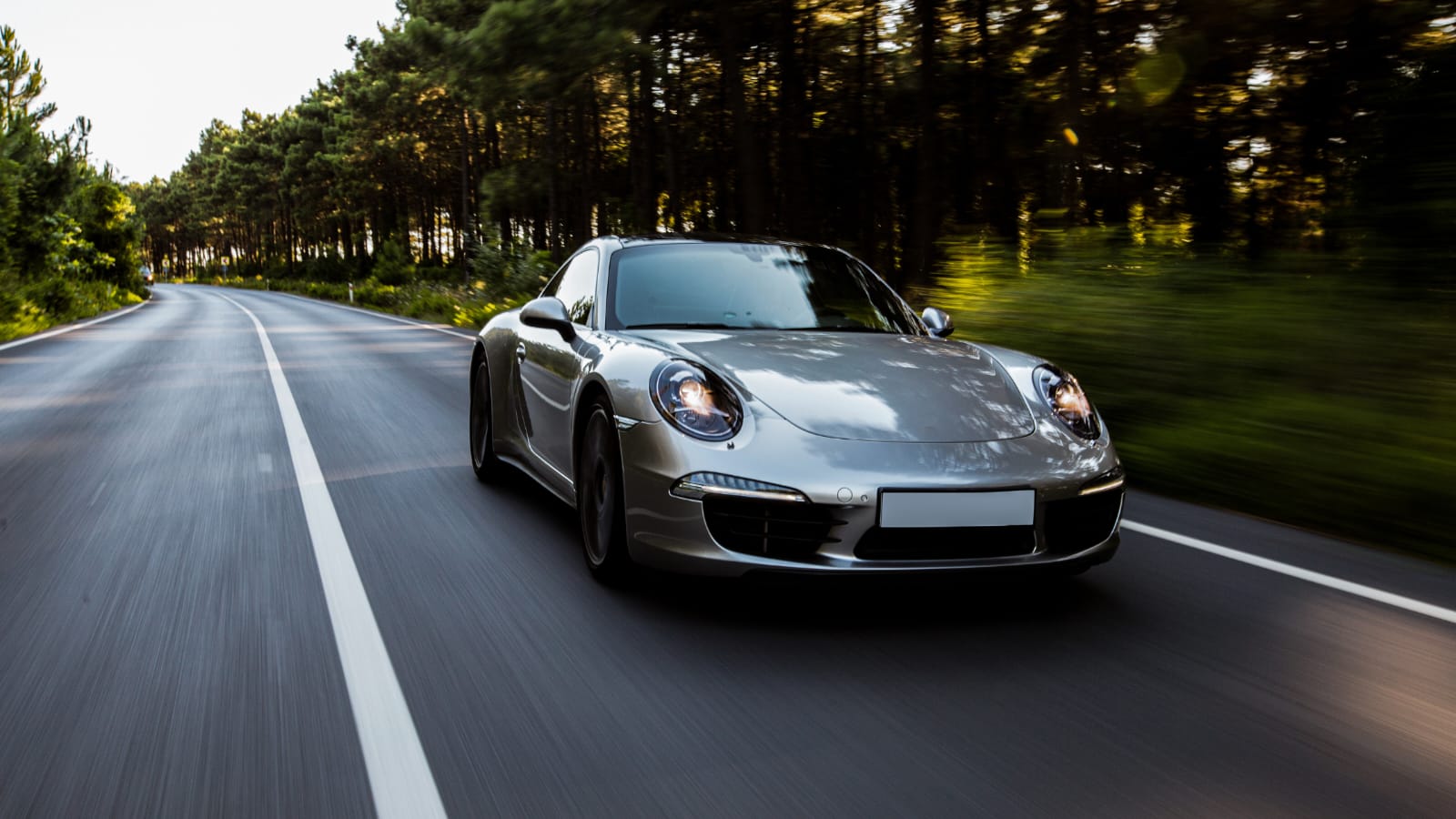
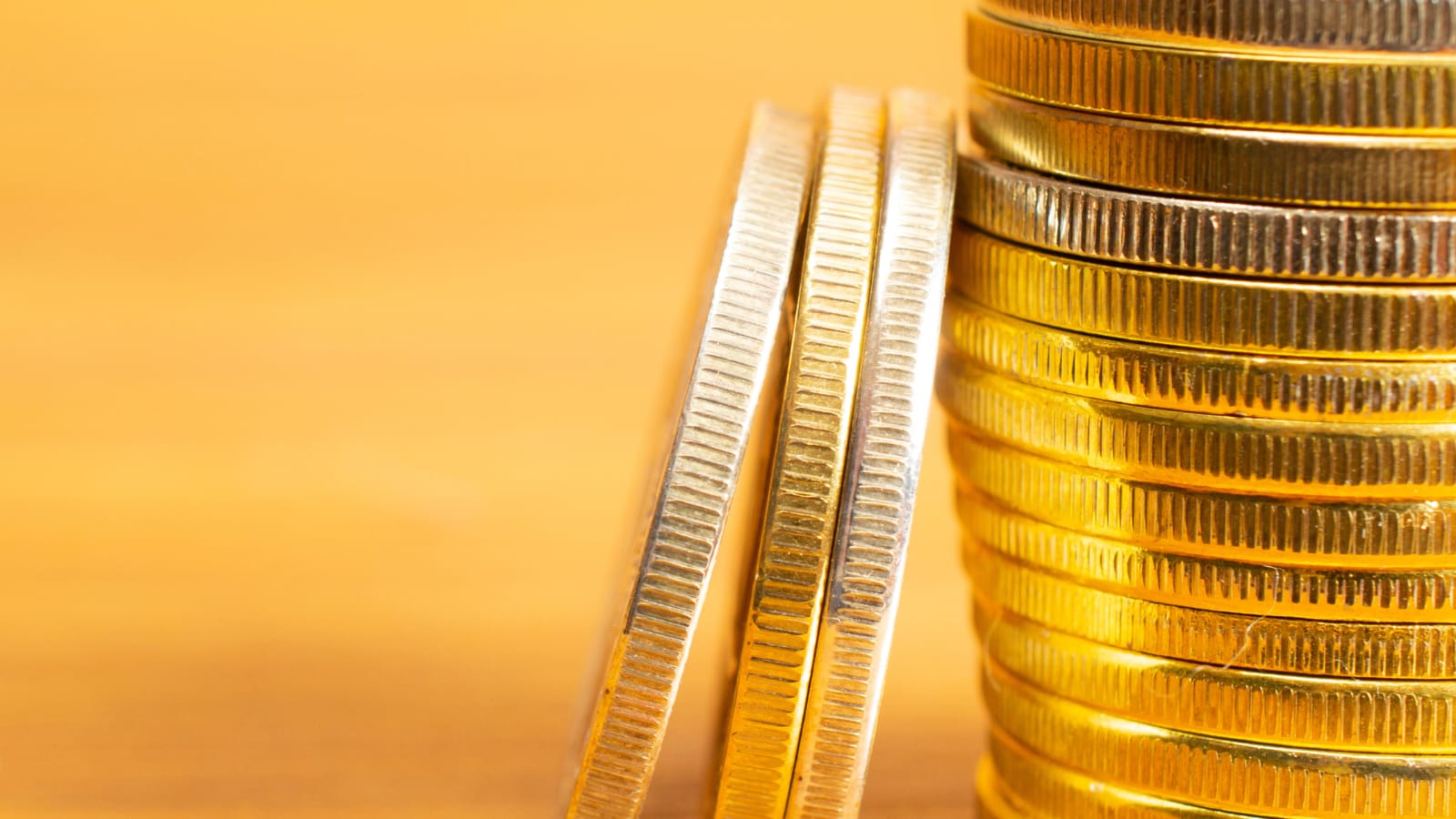


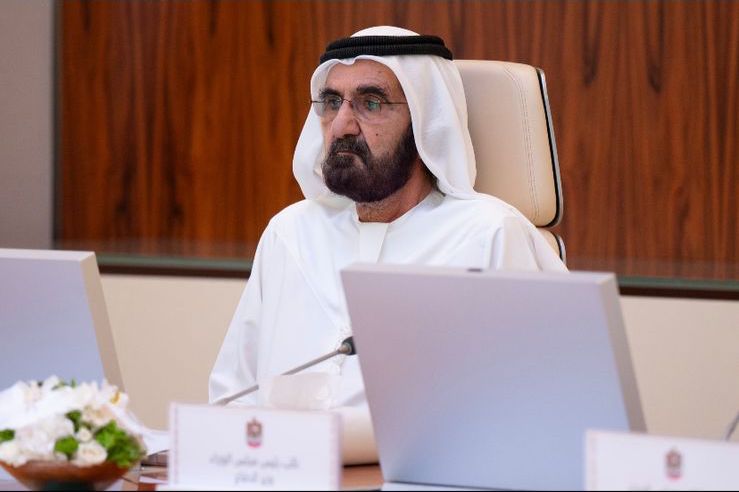
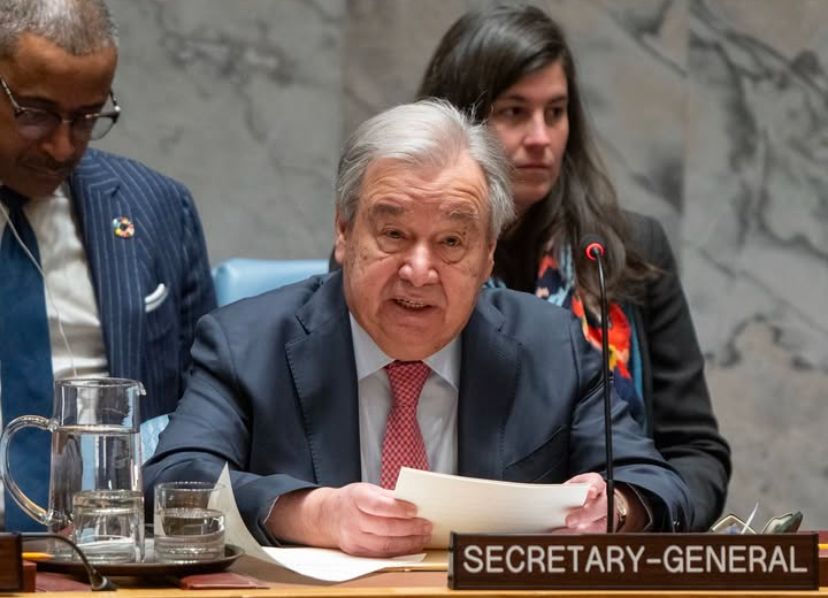
5 Comments
[…] the face of escalating tensions in the Middle East, global diplomatic efforts are intensifying to prevent wider conflict and maintain stability. […]
[…] Wednesday, June 18, 2025, tensions in the Middle East reached a boiling point after a dramatic escalation involving Israel, Iran, and potentially the […]
[…] a development that has shaken the Middle East and stirred global diplomatic corridors, the United States has conducted a high-intensity military […]
[…] escalating tensions in the Middle East, the United Arab Emirates has accelerated its diplomatic engagement to promote peace, stability, and cooperation across the […]
[…] medals act as ambassadors of this vision. As Italy prepares to welcome millions of viewers, tourists, and competitors from around the world, these […]
Comments are closed.